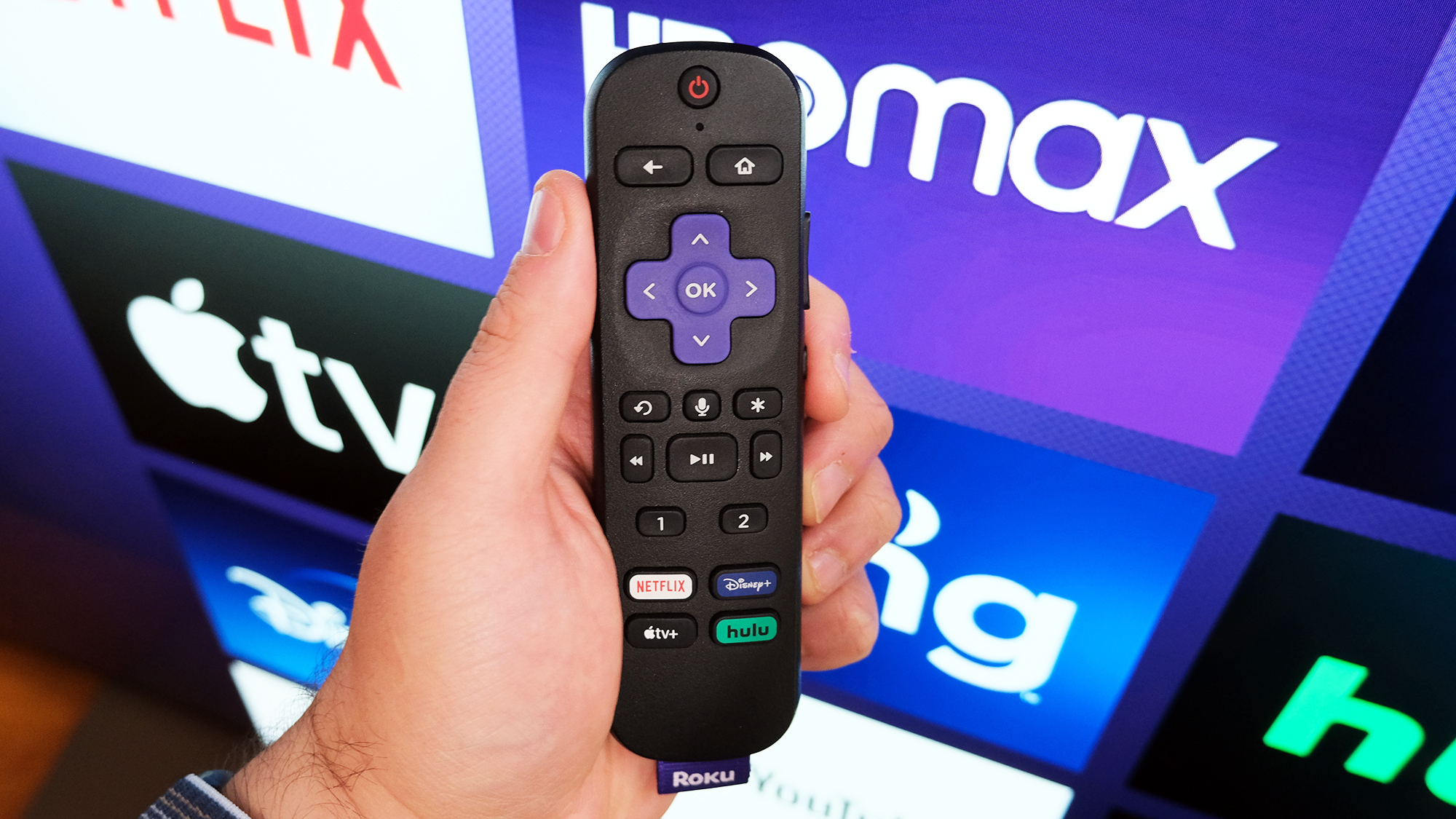Xbox Series X Velocity Architecture could be secret weapon against PS5
This Xbox Series X technology could help games run faster and smoother

Here at Tom’s Guide our expert editors are committed to bringing you the best news, reviews and guides to help you stay informed and ahead of the curve!
You are now subscribed
Your newsletter sign-up was successful
Want to add more newsletters?

Daily (Mon-Sun)
Tom's Guide Daily
Sign up to get the latest updates on all of your favorite content! From cutting-edge tech news and the hottest streaming buzz to unbeatable deals on the best products and in-depth reviews, we’ve got you covered.

Weekly on Thursday
Tom's AI Guide
Be AI savvy with your weekly newsletter summing up all the biggest AI news you need to know. Plus, analysis from our AI editor and tips on how to use the latest AI tools!

Weekly on Friday
Tom's iGuide
Unlock the vast world of Apple news straight to your inbox. With coverage on everything from exciting product launches to essential software updates, this is your go-to source for the latest updates on all the best Apple content.

Weekly on Monday
Tom's Streaming Guide
Our weekly newsletter is expertly crafted to immerse you in the world of streaming. Stay updated on the latest releases and our top recommendations across your favorite streaming platforms.
Join the club
Get full access to premium articles, exclusive features and a growing list of member rewards.
Microsoft revealed the Xbox Series X’s raw specs a long time ago, but raw specs tell only half the story. Better hardware means better performance, but unless those components play together nicely, it’s entirely possible to have a system that feels like less than the sum of its parts. To ensure that the Xbox Series X will fully leverage each one of its powerful parts, Microsoft has implemented a system called Velocity Architecture.
In an Xbox Wire blog post, Jason Ronald, director of program management for the Xbox Series X, explained how Velocity Architecture works. Basically, Velocity Architecture leverages four somewhat disparate tech advancements to ensure faster loading times for bigger, more complex environments. These four components are the system’s custom SSD, improved decompression, customized application programming interfaces (APIs) and Sampler Feedback Streaming (SFS), which can help textures load more efficiently.
- PS5 and Xbox Series X SSDs: How this tech will define next-gen games
- AMD Big Navi leak teases Nvidia killer performance
- Just in: PS5 pre-orders might not be necessary — here's why
Ronald wrote his post with a lay audience in mind, but it’s still pretty technical, so we’ll try to break it down a little further. To get an overview of Velocity Architecture’s features, the Xbox team put together a short video:
Xbox Series X’s customized SSD is probably something you’ve read about before. The Xbox One used a standard hard disk drive, which is relatively slow compared to its solid state cousins. In addition to the standard SSD perks, the Xbox Series X’s storage will deliver “consistent, sustained performance” that will process inputs and outputs up to 40 times more efficiently than the Xbox One could. Practically speaking, this means faster loading times, as well as a system that manages heat more efficiently.
Hardware accelerated decompression is a bit more difficult to explain. When a game loads assets, it must decompress data, as populating a game with uncompressed assets would be slow and unwieldy. Such a game would also take up an unprecedented amount of hardware space. The Xbox Series X will employ a custom algorithm that could deliver input/output processing that’s 100 times more efficient than what was on the Xbox One.
Next up is the New DirectStorage API, which will work hand-in-hand with both the SSD and the latest version of DirectX to prioritize input/output processes more efficiently. A deep dive on this subject would take too much time to explain here, but one concrete benefit of this technology could be much faster fast-travel systems in open-world games.
Finally, there’s Sampler Feedback Streaming, which deals with textures. Anyone who’s played the same game on both a console and a PC knows how different textures can look, depending on how much processing power you have for them. Sampler Feedback Streaming can direct more resources toward loading textures, even if they’re far away from the player, meaning smoother transitions and less pop-in when a player draws closer to an object.
Get instant access to breaking news, the hottest reviews, great deals and helpful tips.
These features sound a bit similar to what Sony outlined for the PS5 during its Road to PS5 presentation back in March, which focused heavily on benefits such as fast SSD loading and immersive 3D audio. But given the Xbox Series X's slightly more powerful specs (including 12 teraflops of graphics power compared to the PS5's 10.3), we're eager to see how the two compare in real-world use.
As far as what these innovations will mean on a game-by-game basis, we’ll have to wait and see. Faster loading times seem like the most immediate benefit, but as developers become more familiar with the Xbox Series X architecture, we could also see improvements in level design and immersion.

Marshall Honorof was a senior editor for Tom's Guide, overseeing the site's coverage of gaming hardware and software. He comes from a science writing background, having studied paleomammalogy, biological anthropology, and the history of science and technology. After hours, you can find him practicing taekwondo or doing deep dives on classic sci-fi.
 Club Benefits
Club Benefits










